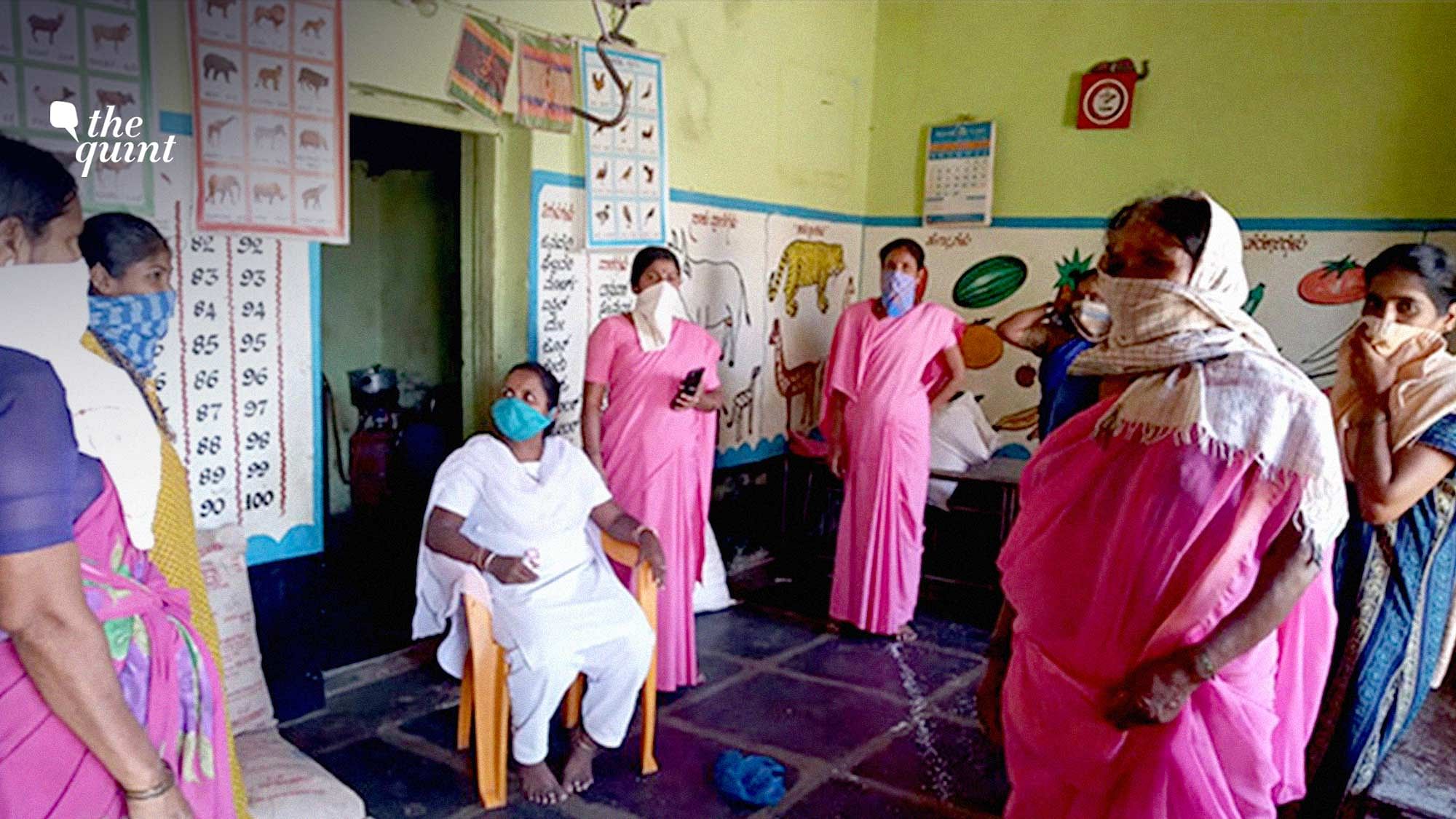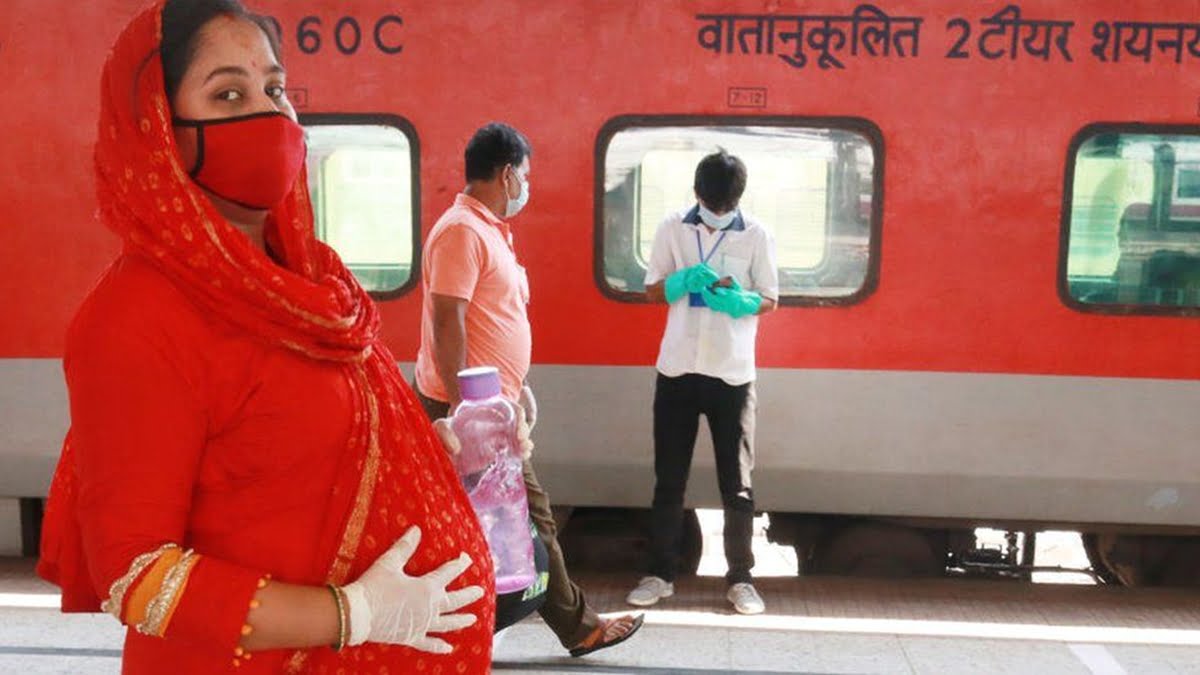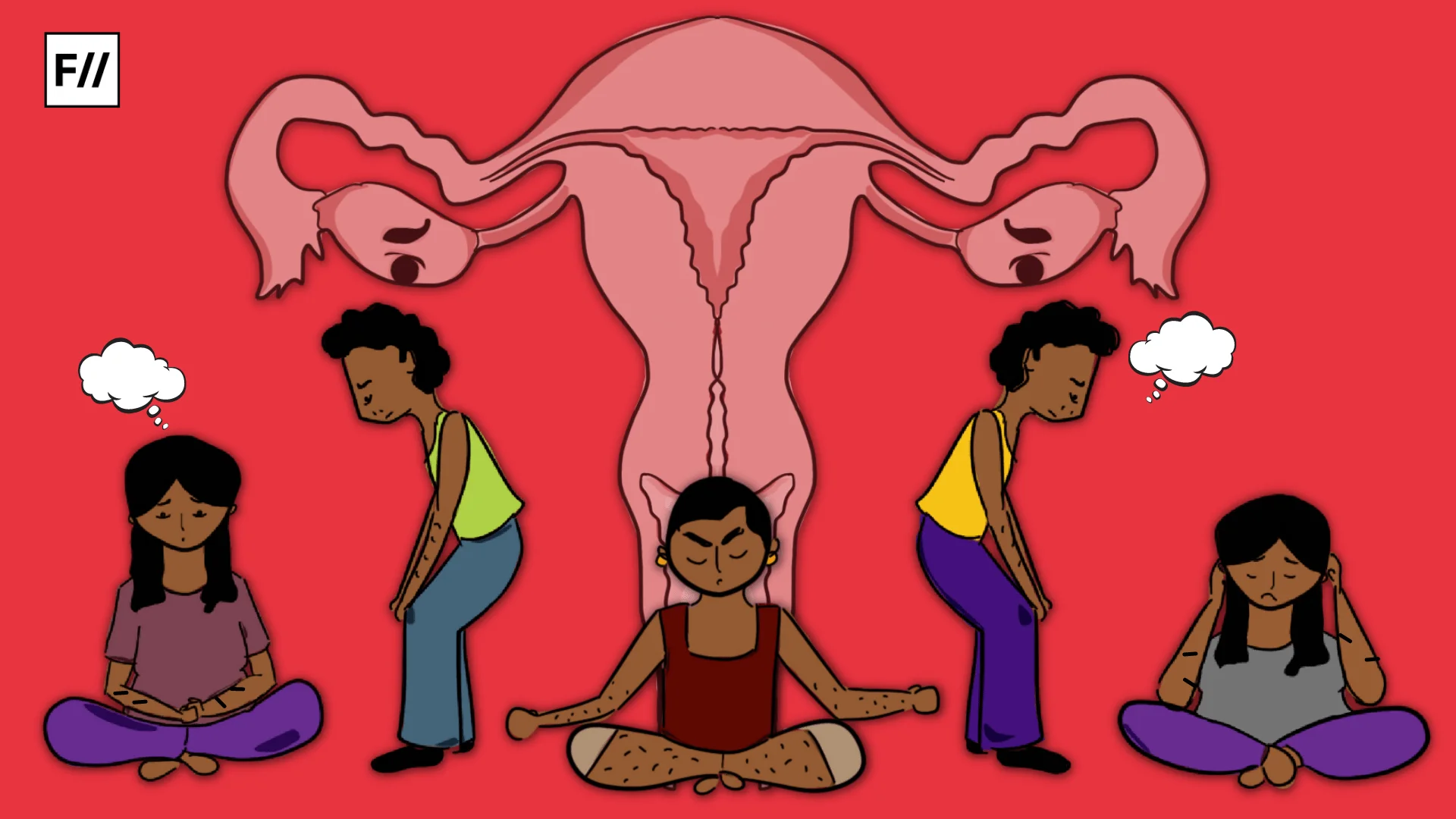In March 2020, the union government of India instituted a nationwide lockdown to combat the fatal impact of COVID-19 pandemic. A country with more than 1.3 billion population was barely given a four-hour warning to brace itself for a total lockdown. What ensued was a protracted humanitarian catastrophe, the repercussions of which continue to resonate till date.
The pandemic has exemplified the lie of global competence in healthcare and demonstrates how India is falling short of the WHO’s Sustainable Development Goal (SDG-3) of ensuring healthy lifestyles and promoting wellbeing for everyone at all ages. The pandemic has also resulted in an abrupt state of upheaval in healthcare systems, raising several unresolved issues about COVID-19’s effect on vulnerable segments of society.
Thus, concerns have been raised globally about the continuation of maternity and child health (MCH) services during COVID-19 and “three delays” have been identified that pregnant women face: in seeking care, accessing a facility, and acquiring appropriate treatment – all of which has led to an increase in maternal mortality.
Also read: Addressing The Gender Gap In COVID-19 Vaccination Drive In India
Concerns have been raised globally about the continuation of maternity and child health (MCH) services during COVID-19 and “three delays” have been identified that pregnant women face: in seeking care, accessing a facility, and acquiring appropriate treatment – all of which has led to an increase in maternal mortality.

Of Denial and Data
India has a pervasive problem of women being harmed during childbirth, dubbed obstetric violence, which has resulted in an increase in the country’s already high maternal mortality rate of 113 maternal deaths per 100,000 live births.
A recent brief from the ‘Global Financing Facility’ suggested that if coverage for all critical Maternal and Child Health (MCH) treatments was cut similarly, India might have a 52% increase in maternal mortality over the next year and over 4.7 million women in India could lose access to facility-based deliveries. Taking this into account, on April 14, 2020, Ministry of Health and Family Welfare (MoHFW) released recommendations to facilitate the delivery of essential services, placing a premium on reproductive and sexual health.
However, these proposals were unsuccessful at sustaining a high level of institutional service, indicating a violation of the government’s Labour Room Quality Pandemic Initiative (LaQshya), which aims to promote respectful maternal care (RMC). Considering Indian Government’s significant efforts to incentivise institutional birth through programmes like Janani Suraksha Yojana (JSY) and Janani Shishu Suraksha Karyakram (JSSK), denying treatment to women attempting to utilise public facilities is a breach of state-recognised rights.
The Union and State Governments, on the other hand, allocated healthcare professionals including ASHAs, Anganwadi Workers (AWWs), Auxiliary Nurse Midwives (ANMs), and other community level workers to solely manage COVID-19 care such as taking the affected to hospitals for screening and identification, but this in turn further delayed home visits and jeopardised pregnant women’s health.
Also read: The Govt Must Do More To Protect Pregnant Women From COVID-19


Furthermore, because Anganwadi centres have been closed since mid-March 2020, 34% of such households stated to have received no additional assistance. Recognising this, nation began to promote RMC ideas, as outlined in charter for Universal Rights of Childbearing Women and the state-imposed LaQshya guidelines. Despite the critical nature of and the commitment to RMC, numerous services failed to provide effective intrapartum care in a responsible manner during the COVID-19 crisis.
It is crucial to emphasise that a majority of pregnant women in India seek antenatal treatment in private clinics, and 25% of births take place in private health facilities. Yet due to COVID-19, over 25 million couples couldn’t access contraceptive services throughout lockdown, and around 1.5 million women’s access to adequate abortion procedures was jeopardised. Interstate travel was also hindered by lockdowns, as was the updating of crucial medicine lists that assure supply chain continuity.
Due to COVID-19, over 25 million couples couldn’t access contraceptive services throughout lockdown, and around 1.5 million women’s access to adequate abortion procedures was jeopardised. Interstate travel was also hindered by lockdowns, as was the updating of crucial medicine lists that assure supply chain continuity.
At the moment, the Pradhan Mantri Surakshit Matritva Abhiyan’s requirements, which include at least one prenatal check-up per month and every gynaecologist assisting a lady with one OPD on the ninth of each month, appear impossible to implement.
On the other hand, the prohibition of social gatherings resulted in the cancellation of routine vaccinations, making outreach programmes such as Village Health and Nutrition Days (VHND) impossible to organise, destroying another crucial link in the provision of basic care. There have also been reports regarding healthcare professionals’ discrimination against Muslim pregnant women as they believed that the Muslim women were associated with the Tablighi Jamaat event held in March at New Delhi, 2020.
Contrarily, the pandemic also underscored telemedicine’s critical importance. A study suggests, if telemedicine replaced 30%–40% of in-person outpatient visits, India may end up saving US$10 billion while enhancing care, especially for rural and low-resource population. But in India, where 22% of population live below poverty line with limited digital access, telemedicine may prove effective only for the upper class. It’s accessibility for women is worse as 33% of Indian males are more likely than women to own a phone.
Discussion
Three major kinds of challenges when it comes to maternal health in post-COVID times and fundamental concerns that underpin them have been highlighted in recent reports. In the Indian context, concerns such as the lack of ambulance services and staff at health facilities, longer waiting periods, inability to adhere to professional standards of care, and violence against women were pre-existing and resurfaced during the COVID-19 crisis. However, additional obstacles for pregnant women occurred as a result of restricted mobility owing to the lockdown, fear of COVID-19 transmission, and the health system’s unpreparedness for a catastrophe.
The study also claims that the misinformation regarding COVID-19 has resulted in social stigma of potential disease carriers, which must be addressed through effective communication. The hesitation to admit women from red zones reflects their apprehension of dissemination in the absence of evidence of infection. Also, due to lockdown and quarantine procedures, any obstetric difficulties are detected late, posing a risk to both the women and the foetus. This is particularly true for socio-economically weak women who often lack access to contraception and health care, and hence have the greatest natal mortality rate.
Thus, in this situation, it’s critical to discuss the rights of women from these backgrounds and to ask tough questions such as the state of India’s healthcare and dissemination of healthcare services, especially from the point of view of the socio-economically marginalised sections. How would they be able to access health-care services that are their fundamental rights? As a result, the findings should not be seen in isolation, but rather as a foreshadowing of a larger looming disaster in sexual and reproductive health in the coming years.
Conclusion
This study should serve as a necessary wake-up call in the future, emphasising the importance of long-term reforms to India’s medical system. While the world addresses the worldwide pandemic, it is indispensable to guarantee that women and girls are not left alone. Access to medical facilities for safe delivery, contraception, and abortion services must be ensured on a regular basis. Sexual and reproductive health must be included into essential services, and vulnerable women must get adequate information about the standards.
One must bear in mind that women (especially those belonging to the Bahujan, Adivasi and Dalit communities) were already marginalised prior to the coronavirus pandemic; hence, any effort to contain the spread of COVID-19 cannot ignore the sexual and reproductive health concerns of the women that will persist long after the pandemic ends. Current norms and regulations for pregnancy care, notably LaQshya, must be effectively applied both during and beyond the pandemic. Finally, in order to assist vulnerable people’s health, the government’s legislative, executive, and judicial branches must always uphold human rights and ethical standards, much more so during a pandemic.
Soumya Kashyap is an Institute fellow (PhD) and Teaching Assistant in the Department of Humanities and Social Sciences Patna (India). She has presented paper in prestigious international forum “Contemporary Women’s writing and the Medical Humanities”, organized by School of Advanced Study, London. Her review article has appeared recently in Journal of Literature and Science. For her PhD dissertation, she is working broadly in the field of Medical Humanities. She intends to analyze issues of infertility, maternal health etc. with special reference to Indian Women’s writing. You can reach her at soumyakashyap1994@gmail.com.
Priyanka Tripathi is an Associate Professor of English, Department of Humanities and Social Sciences, Indian Institute of Technology Patna. She has published extensively with Indian Literature, Journal of Graphic Novels and Comics, Postcolonial Studies, Economic and Political Weekly amongst others. She is currently working on an ICSSR funded project entitled, “Mapping Domestic Violence in the times of COVID-19: A Study from Bihar”. She is also Book Reviews Editor for Rupkatha Journal on Interdisciplinary Studies in Humanities and works in the area of Gender Studies, South Asian Fiction, GeoHumanities and Graphic Novels. Her email id is priyankatripathi@iitp.ac.in. You can find her on Twitter and Instagram.
Featured image source: BBC





Great Post …!!! Agree Study is important for Public awareness